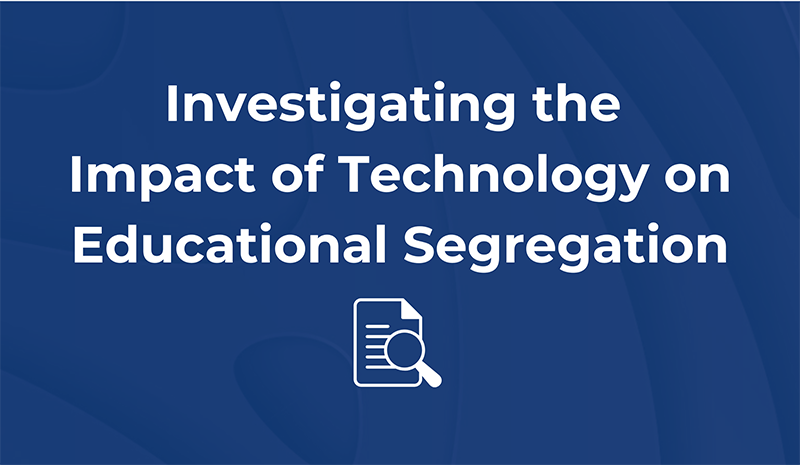This project looks at how historical patterns of educational segregation have shifted in the digital age and examines technology’s role in addressing long-standing disparities. With a team led by women from underrepresented communities, the research evaluates the structural inequities that continue to influence educational opportunities and explores innovative tech-based solutions that could redefine access and inclusion in STEM fields.
The team has made progress in bringing awareness to these issues. They published the thought-provoking op-ed "Youth Understanding History to Tackle Social Injustice" and organized a widely attended webinar with experts on systemic bias in education. They have also developed a course that examines the roots of educational inequality while proposing actionable strategies to create a more equitable system.
A standout element of their work involves educational games designed to bridge gaps in STEM accessibility. By creating three virtual games and four physical board games, the team is utilizing gamified learning as a tool to engage marginalized students in a way that is both meaningful and accessible. These games aim to make STEM concepts more approachable, aligning with RJxTP’s vision to foster equity and inclusion through technology.
In the next phase of their work, the team is completing a systematic literature review and analyzing qualitative data from interviews and other sources. As they compile their findings, they are contributing to a critical conversation on the role of technology in transforming educational outcomes, aiming to dismantle barriers that have persisted for generations.





